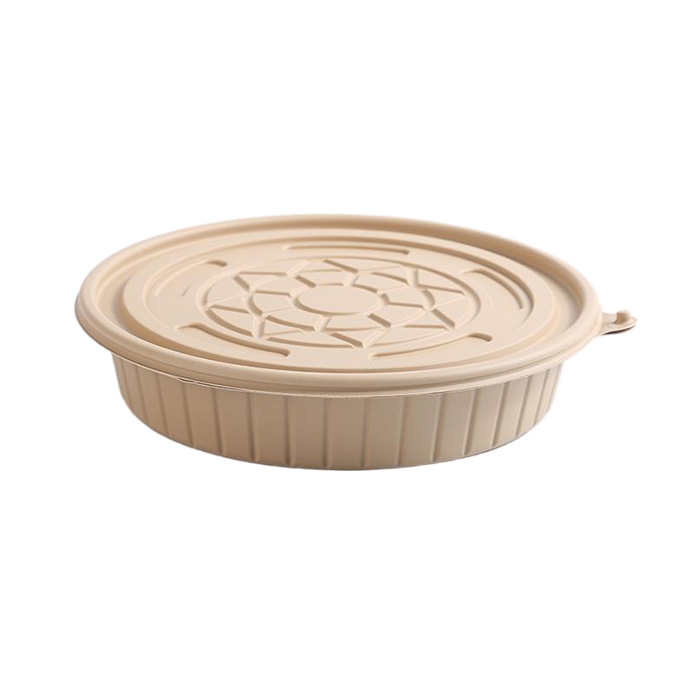Unveiling the Mysteries: Can a Mechanical Fuel Pump Fail?
In the realm of automotive engineering, the mechanical fuel pump plays a crucial role in delivering the lifeblood of an engine – fuel. However, even the most reliable components can experience failures. In this blog post, we will delve into the intricacies of mechanical fuel pumps, explore the potential causes of their failures, and provide insights into diagnosing and addressing these issues.
- Understanding the Mechanical Fuel Pump:
The mechanical fuel pump is a vital component responsible for delivering fuel from the gas tank to the engine. It operates using a diaphragm and a lever system, driven by the engine's camshaft. This design ensures a consistent flow of fuel at the required pressure to meet the engine's demands. - Common Causes of Mechanical Fuel Pump Failures:
a) Wear and Tear: Over time, the constant movement of the diaphragm and lever system can lead to wear, resulting in decreased pump efficiency and potential failure.
b) Contaminated Fuel: Impurities, such as dirt, rust, or debris, can enter the fuel system and clog the pump, obstructing the flow of fuel and causing the pump to fail.
c) Incorrect Installation: Improper installation, such as incorrect alignment or inadequate sealing, can cause fuel leaks or disrupt the pump's functionality.
d) Overheating: Excessive heat generated by the engine or insufficient cooling can cause the fuel pump to overheat, leading to its failure. - Symptoms of a Failing Mechanical Fuel Pump:
a) Engine Misfires: Insufficient fuel delivery can result in engine misfires, hesitation, or stalling.
b) Sudden Loss of Power: A failing fuel pump may cause a sudden loss of power during acceleration or at higher speeds.
c) Difficulty Starting the Engine: If the fuel pump fails to provide the necessary fuel pressure, starting the engine may become challenging.
d) Increased Fuel Consumption: A failing fuel pump may cause the engine to run lean, resulting in increased fuel consumption. - Diagnosing and Addressing Fuel Pump Failures:
a) Fuel Pressure Testing: Using a fuel pressure gauge, the fuel pressure can be measured to determine if the pump is functioning within the manufacturer's specifications.
b) Inspecting Fuel Lines and Filters: Checking for clogs, leaks, or damage in the fuel lines and filters can help identify potential issues affecting the fuel pump's performance.
c) Regular Maintenance: Following the manufacturer's recommended maintenance schedule, including fuel filter replacement, can prevent premature fuel pump failures.
d) Professional Assistance: If unsure about diagnosing or addressing fuel pump issues, it is advisable to seek the expertise of a qualified mechanic.
Conclusion:
While mechanical fuel pumps are generally reliable, they can still experience failures due to wear, contamination, incorrect installation, or overheating. Recognizing the symptoms and understanding the causes of these failures is crucial for timely diagnosis and appropriate action. By staying vigilant and addressing fuel pump issues promptly, we can ensure the smooth operation and longevity of our vehicles.




